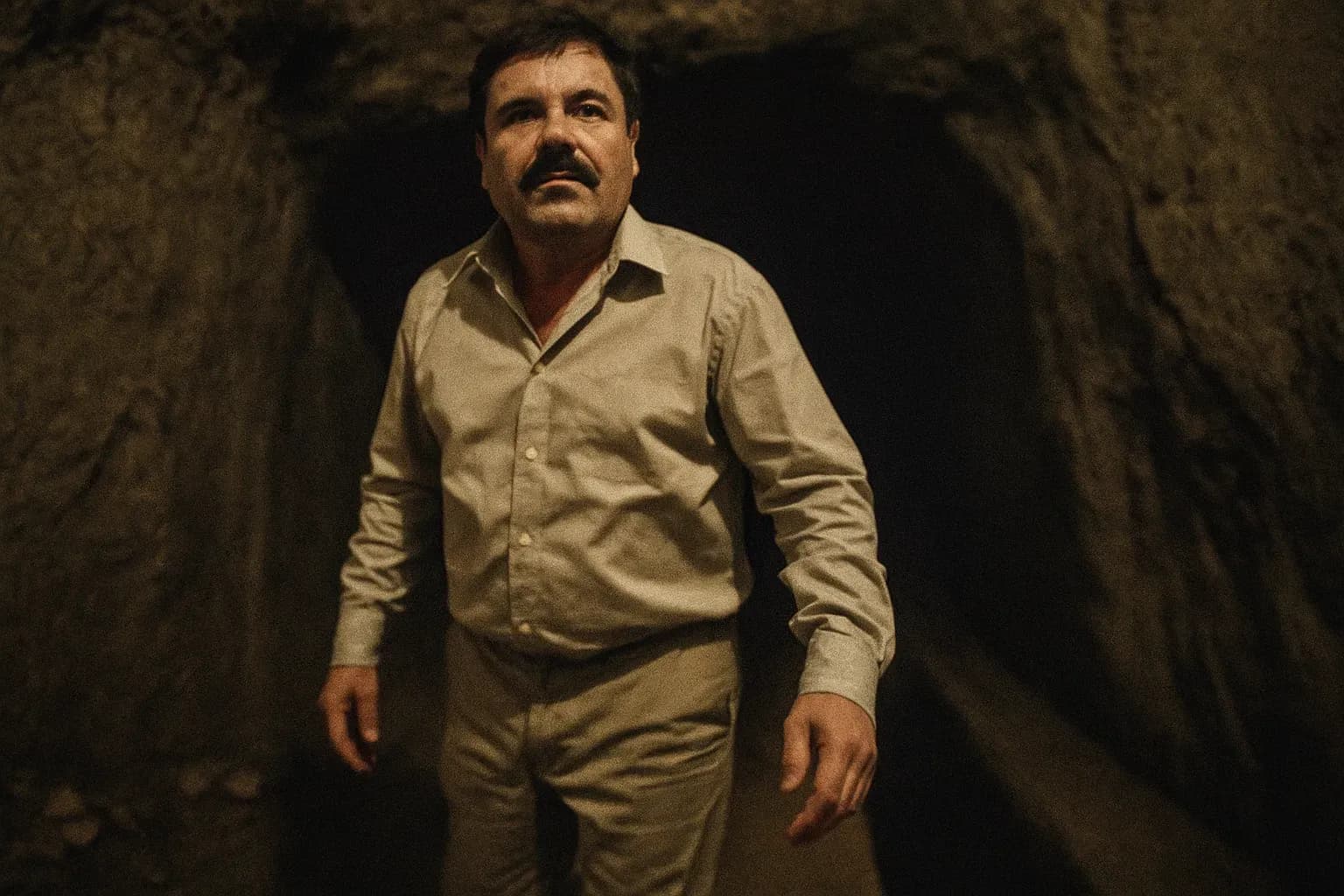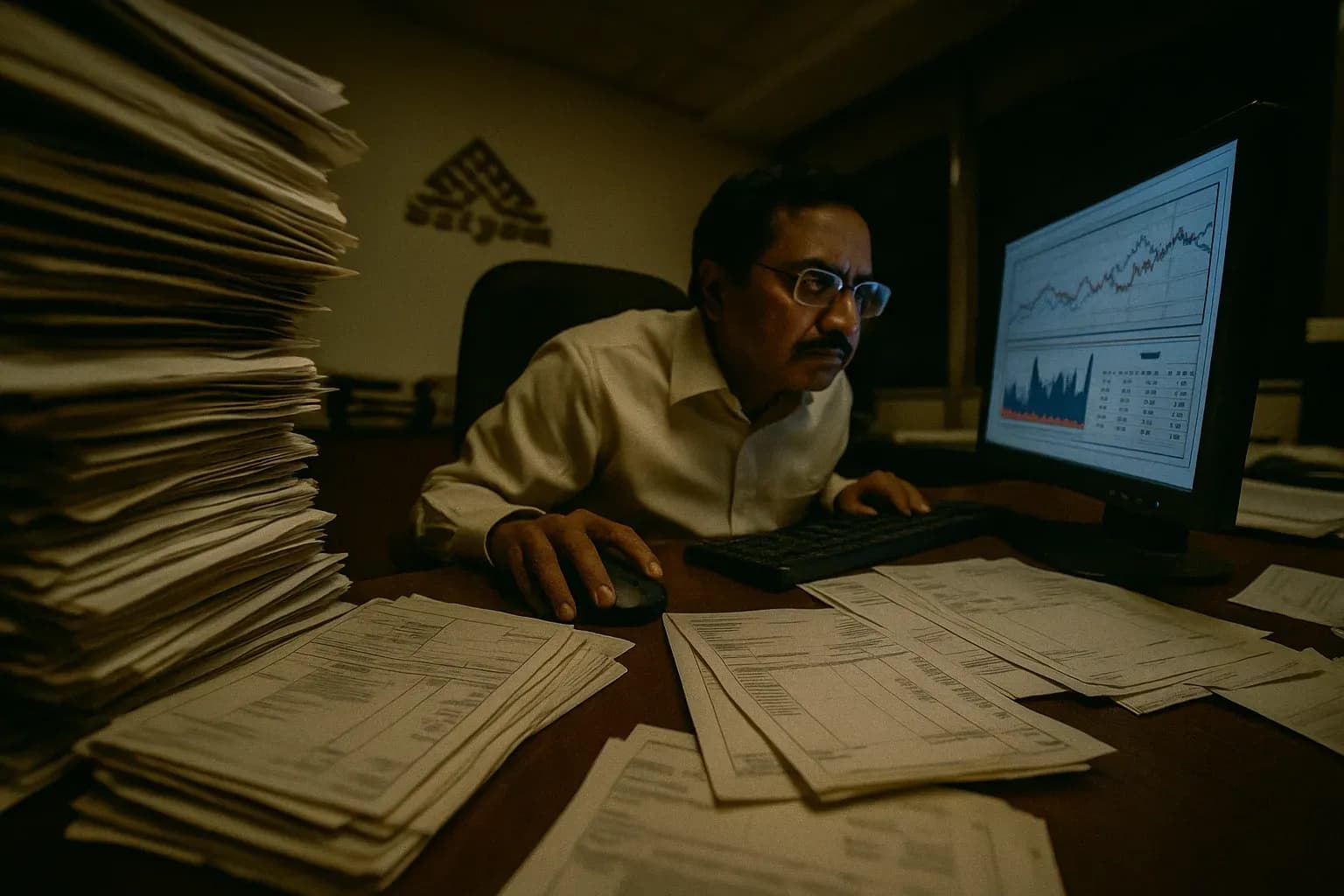
Bribery
How hidden corruption undermines justice in true crime cases
Discover how bribery, a hidden form of corruption, undermines the justice system and plays a crucial role in countless true crime cases.
How hidden corruption undermines justice in true crime cases
What is bribery, and why is it so hard to uncover?
Bribery is an illegal act, central to many true crime cases, where an individual offers, gives, receives, or solicits something of value – typically money, gifts, or services – to influence another's decisions or actions, especially those of individuals in positions of trust or public authority. As a serious form of corruption, bribery undermines fundamental principles of trust and justice. It often takes place secretly, making it notoriously difficult to uncover and prosecute, but it is often crucial for understanding how criminal networks operate or how the justice system and other institutions can be compromised.
The faces of bribery: Methods, actors, and consequences
Bribery manifests in countless ways, from a discreet envelope of cash to more complex arrangements like fictitious consultancy agreements, lavish gifts, or promises of future benefits. Involved parties can be found at all levels of society, from a local official who is "bought" to overlook illegalities, to high-ranking politicians, judges, or business people whose decisions are guided by the hidden payment. The consequences of this form of corruption are often deeply harmful: it distorts fair competition, can lead to miscarriages of justice or unfair judgments, enables the continuation of criminal enterprises, including aspects of financial crime, and erodes the foundation of the societal institutions meant to protect citizens.
Why is bribery an investigator's nightmare to unravel?
For investigators, bribery poses a notoriously difficult challenge. It requires careful and often lengthy investigation to gather sufficient evidence of both the illegal transaction and the corrupt intent behind it. In true crime narratives, bribery often plays a central, albeit discreet, role. It can explain how perpetrators evade prosecution for years, how organized crime infiltrates legitimate systems, or how widespread injustices occur. Bribery is rarely an isolated crime; rather, it acts as a lubricant for other criminal activities, including extensive financial crime, drug trafficking, and gross abuse of power. A thorough understanding of bribery, as a core component of many forms of corruption, is therefore essential for uncovering the complex mechanisms in numerous criminal cases. It constitutes an ongoing global threat to justice and transparency in society.
Curious how bribery enables everything from financial fraud to abuse of power? Read concrete examples of bribery in action. Explore our in-depth cases below.












